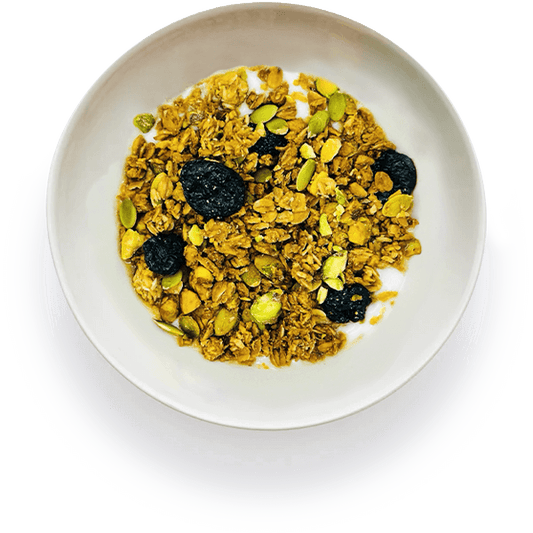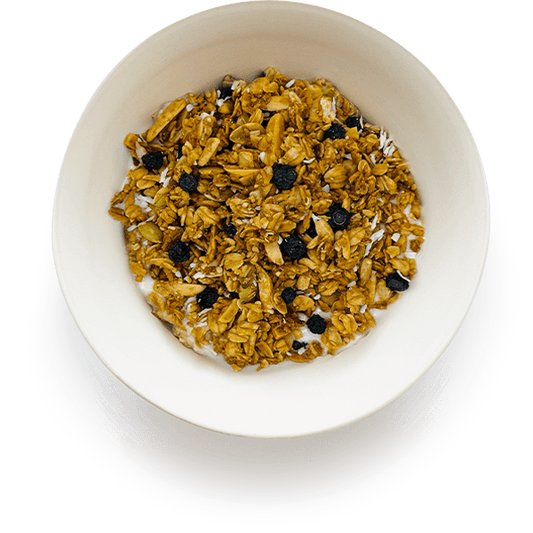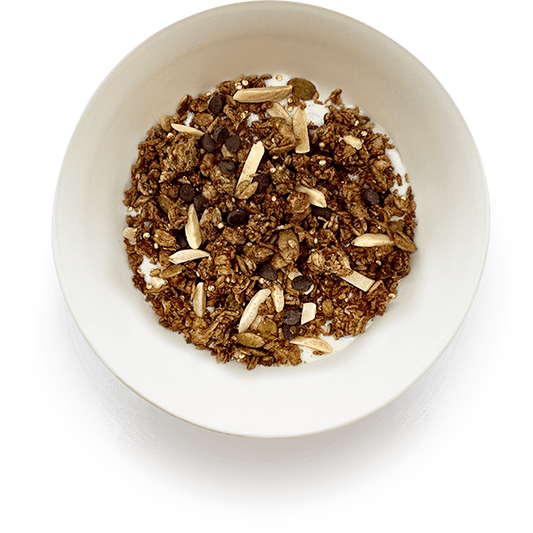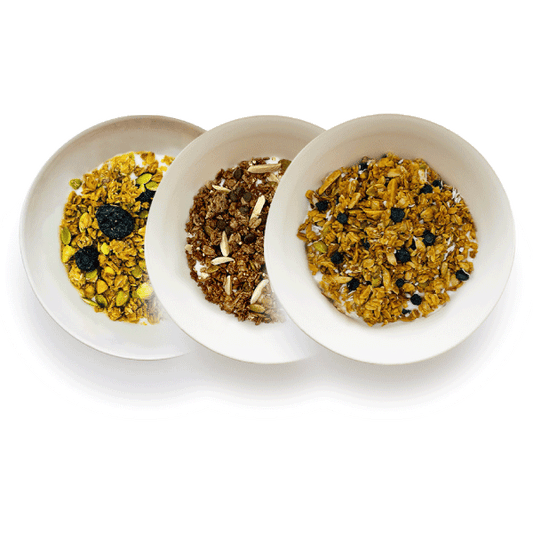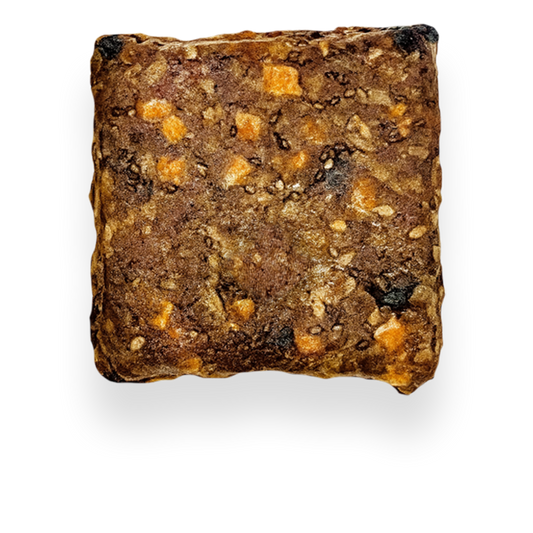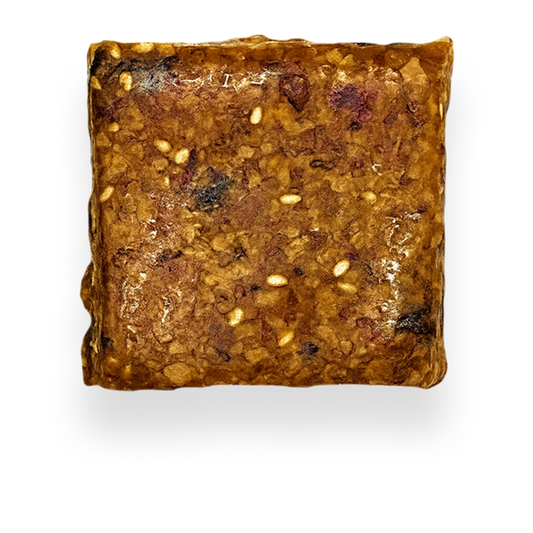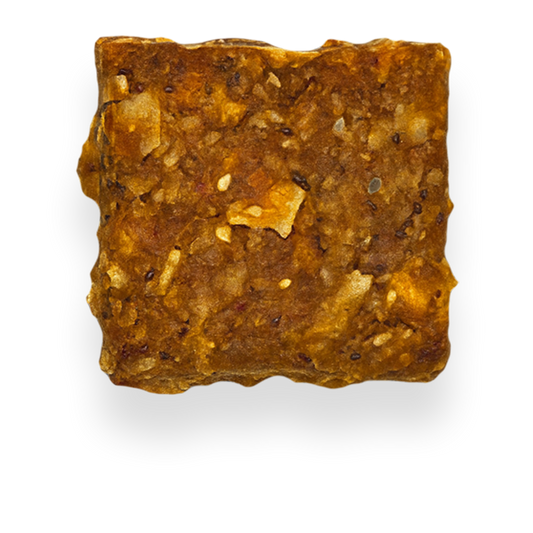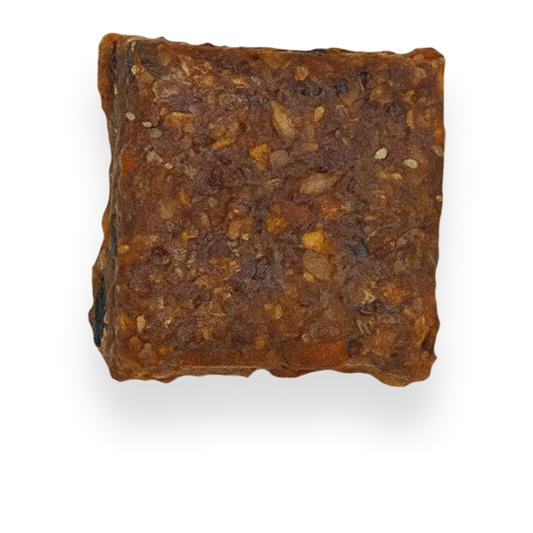Boost Your Mood: Plant-Based Diets & Mental Health
By FireRoad
Frequently Asked Questions
1. How does diet affect mental health?
2. What are the key nutrients in a plant-based diet that support mental health?
3. What is the gut-brain connection?
4. What types of foods can boost my mood on a plant-based diet?
5. How can I start transitioning to a plant-based diet?
In today's fast-paced world, we often overlook the profound connection between our diet and mental health. While many individuals focus on physical well-being, the truth is that what we consume can significantly influence how we think, feel, and react to the world around us. In this article, we will explore how plant-based diets can positively influence mental health, touching upon various aspects such as essential nutrients, mood stability, and the holistic effects of going green.
The Science Behind Plant-Based Diets
Plant-based diets primarily consist of vegetables, fruits, whole grains, nuts, and seeds. They are rich in vitamins and minerals, high in fiber, and lower in saturated fats compared to animal products. Research has increasingly shown that a plant-based diet can have a direct impact on mental well-being by supporting cognitive functions and emotional regulation through several mechanisms.
Nutrients That Play a Role in Mental Health
Your brain needs a variety of nutrients to function optimally. When adopting a plant-based diet, it's crucial to ensure that you're getting an adequate intake of essential nutrients. Here are some key nutrients linked to mental well-being:
- Omega-3 Fatty Acids: Found in flaxseeds, chia seeds, and walnuts, omega-3s are known to improve mood and cognitive function.
- Antioxidants: Plant foods are packed with antioxidants, which help to combat oxidative stress and inflammation—a significant factor in mental health conditions.
- Vitamins B: B vitamins are essential for brain health. Foods rich in B vitamins include leafy greens, legumes, and whole grains.
- Magnesium: Magnesium has a calming effect on the nervous system and can be found in spinach, nuts, and whole grains.
The Gut-Brain Connection
The gut and brain are intricately connected through the gut-brain axis, which can influence mood and cognitive functions. A healthy gut microbiome is crucial for producing neurotransmitters, the chemicals that transmit signals in the brain. Plant-based diets are rich in fiber, which promotes healthy gut flora, ultimately leading to improved mental health.
Benefits of a High-Fiber Diet
Increasing fiber intake through a plant-based diet can lead to better digestion and nutrient absorption. Fiber helps to promote the growth of beneficial bacteria in the gut, enhancing the production of neurotransmitters like serotonin. Since around 90% of serotonin is produced in the gut, maintaining gut health is essential for overall mental well-being.
Plant-Based Diets and Mood Stability
Research indicates that people who consume a plant-based diet tend to report improvements in mood and overall mental health. The consumption of whole foods—fruits, vegetables, legumes, and grains—has been associated with decreased symptoms of anxiety and depression.
Foods That Boost Your Mood
There are specific foods within the plant-based realm that can significantly boost your mood. Incorporating these into your daily meals can contribute to a more stable and positive mindset:
- Leafy Greens: Spinach, kale, and collards are rich in folate, which helps your brain produce mood-stabilizing neurotransmitters.
- Nuts and Seeds: A sprinkle of chia seeds or a handful of almonds not only offers a dose of healthy fats but also aids brain function.
- Fruits: Berries, bananas, and oranges are packed with vitamins and minerals—plus they taste great in a Tex-Mex breakfast bowl!
- Whole Grains: Oats, quinoa, and brown rice provide sustained energy, preventing mood swings that may result from blood sugar spikes.
Explore Delicious Plant-Based Meals
Transitioning to a plant-based diet can seem daunting, but there are countless delicious recipes to choose from. A sample choice could be a vibrant Tex-Mex breakfast bowl! Fully loaded with black beans, corn, cherry tomatoes, avocado, and a drizzle of lime dressing, it’s not only full of flavor but also packed with nutrients to start your day right.
Consider meal-prepping to simplify the process. Preparing meals in advance can save time and ensure you're fueling your body with the right nutrients. Plus, it allows you to creatively experiment with flavors that suit your taste preferences.
Quick and Easy Plant-Based Recipe Ideas
Here are some easy meal ideas to get you started on your plant-based journey:
- Chickpea Salad Sandwich: Mash chickpeas with avocado and spices, serve on whole-grain bread.
- Quinoa Bowl: Combine cooked quinoa with roasted vegetables and a tahini dressing.
- Smoothie Bowl: Blend your favorite fruits and top with nuts and seeds for a nutrient-packed breakfast.
The Importance of Community and Support
Embarking on a plant-based diet can be a transformative journey, but it can sometimes feel isolating. Finding like-minded individuals or communities can offer support, motivation, and knowledge. Online forums, social media groups, and local meetups can enhance your experience and make the transition easier.
Cooking Classes and Workshops
Engaging in cooking classes or workshops can boost your confidence in the kitchen and equip you with the skills necessary to create flavorful, nutritious meals. Not only do these classes open up new avenues for dietary creativity, but they also foster connections with others who share your passion for plant-based living.
A Lifestyle Change Beyond the Plate
Transitioning to a plant-based diet isn't just about the food you eat; it’s a holistic lifestyle change that extends to other parts of your life. Adopting principles of mindfulness, exercise, and wellness can enhance your mental health journey. Mindfulness practices, such as meditation and yoga, help align your physical and mental states, promoting balance and well-being.
Prioritizing Self-Care
Self-care is integral to maintaining good mental health. Incorporating activities that you enjoy, spending time in nature, and nurturing relationships can all complement your dietary changes. Remember, it’s not just about what you eat; it’s about how you live.
Getting Started on Your Plant-Based Journey
If you're considering making a shift to a plant-based diet, start by making gradual changes. Here are a few tips to ease your transition:
- Start Small: Introduce plant-based meals a few times a week.
- Upgrade Familiar Foods: Modify your favorite recipes to substitute animal products with plant-based alternatives.
- Experiment: Don’t hesitate to try new ingredients and cuisines to keep meals exciting.
Embarking on a Flavorful Journey
Adopting a plant-based diet can be a rewarding journey that benefits not just your physical health but also your mental well-being. By ensuring you get the necessary nutrients, exploring delicious meals, and connecting with others who share your journey, you’ll likely notice significant changes in your mood and overall mental health. So why not dive in? Transform your diet, and unlock a happier, healthier you!



